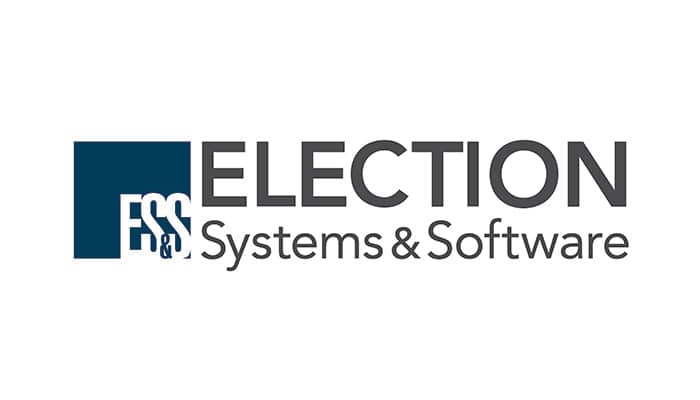The Lebanon County Commissioners met as the Election Board last week and voted to select a new election system in accordance with a state mandate.
The vendor selected was Election Systems and Software (ES&S), an Omaha-based company. The Commissioners were following the recommendation of Michael Anderson, director of the Lebanon County Bureau of Elections.
ES&S is the county’s current voting system vendor as well, but the new one will be a hybrid model that allows voters to choose a paper ballot or use a traditional “ballot marking machine”, e.g. what most of us are used to using. The difference going forward is that voters will deposit their paper ballot or mechanically-marked ballot into a scanner that counts votes.
By going with a hybrid system, the county will also be able to better control printing costs, as opposed to a pure paper ballot system wherein paper ballots may need to be printed in advance for every possible voter in a precinct.
Counties have until the end of 2019 to select new voting systems that feature a paper record option.
Commissioner Jo Ellen Litz called out Anderson’s service to the county, saying “you have just taken on a humongous task.” Anderson has been deeply involved in changes like the new voting precincts and the new voting system.
Commissioner Bill Ames agreed with Litz’s comments, noting that the Election Board is a difficult enterprise to run (especially on polling days) as well as commending Anderson’s community engagement which informed the commissioners’ decision. One example of this was the December demonstration of voting systems at the fairgrounds.
“I think the hybrid solution is a good one,” said Commissioner Bob Phillips. “Different generations that we deal with, this will help address all those concerns and interests. I also think it will add another layer of credibility to the process.”
The actual systems will cost about $711,000. An extended warranty will add another ~$50k/annually, with the benefit of on-site maintenance and regular checks by the company. The hope is that the new system is in place by the November 2019 election. The amount the county actually pays could end up being further reduced by contract negotiations as well as potentially more state funding contingent on state budget negotiations.
Com. Ames noted that it was the best decision for the equipment and guarding the taxpayer’s money.
“We had budgeted $1.7 million for this capital project,” said Anderson, but the system being pursued will cost almost a million dollars less than that figure.
Yesterday Auditor General Eugene DePasquale said that nine counties missed his February 8 deadline to provide information on how they are selecting new voting equipment for the 2020 election.
The nine counties that failed to meet the deadline are Armstrong, Cameron, Chester, Forest, Greene, Huntingdon, Mercer, Philadelphia and Westmoreland.
Anderson will also be exploring the use of electronic poll books. On that motion, Com. Litz dissented, noting that she was concerned the electronic poll books were a vulnerability for voter fraud and identity theft.
Com. Litz posted a Facebook video of the meeting, which you can see below.
























